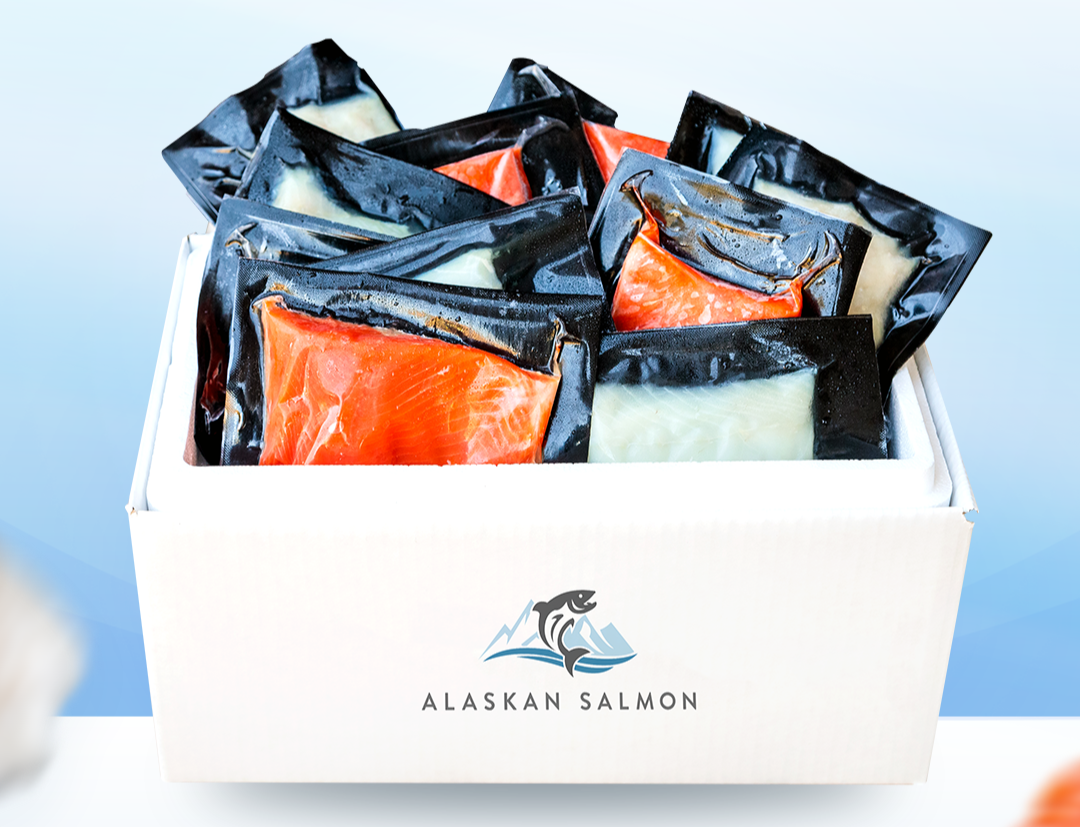Can You Eat Halibut During Pregnancy?
Updated on Oct 13, 2023
If you’re a super-fan of halibut, pregnancy may make you wonder whether consuming too much of it can harm your developing baby. Fortunately, halibut and a few other fish can be welcome additions to a healthy pregnancy diet.
Learn all you need to know to answer the question, “Can pregnant women eat halibut?”
Can You Eat Halibut During Pregnancy?
You can eat halibut during pregnancy, but in moderation and with caution. Halibut is a good source of protein, omega-3 fatty acids, vitamins, and minerals essential for both the mother's and the baby's development. However, it's crucial to be mindful of mercury levels in halibut, as high mercury consumption during pregnancy can harm the developing fetus. It's advisable to limit halibut consumption to 8-12 ounces per week and choose smaller, younger halibut as they tend to have lower mercury levels.
Benefits of Eating Halibut During Pregnancy
Eating halibut during pregnancy can offer several benefits due to its rich nutritional profile. Here are some potential advantages:
- Rich in Protein: High-quality protein ensures proper fetus growth and prevents potential deficiencies.
- High in Omega-3 Fatty Acids: Halibut contains omega-3 fatty acids, particularly DHA (docosahexaenoic acid), which is important for brain and vision development in the fetus.
- High in Vitamins and Minerals: Halibut provides essential vitamins and minerals like vitamin B12, vitamin D, phosphorus, and selenium, which help the fetus maintain a regular heartbeat, support muscle movements, and boost brain function. In addition, these essential vitamins and minerals aid the body in fighting infections.
- Low in Saturated Fat: Halibut is low in saturated fat, which is typically known for causing pregnancy complications like preeclampsia and gestational diabetes.
- Improved Heart Health: Omega-3s in halibut may help regulate blood pressure, reduce inflammation, and lower the risk of heart disease for both the mother and baby.
Cooking and Preparation Tips
When preparing and cooking halibut during pregnancy, following safe and healthy practices is essential to ensure you get the most benefits without any risks. Here are some cooking and preparation tips for eating halibut during pregnancy:
- Handle safely: Always start with clean hands and surfaces to prevent cross-contamination. Thoroughly wash halibut under cold running water before cooking.
- Cook thoroughly: Ensure halibut is cooked to an internal temperature of at least 145°F (63°C) to eliminate potential bacteria or parasites. Use a food thermometer to check the temperature.
- Avoid raw fish: Refrain from consuming raw or undercooked halibut, as it may pose a risk of foodborne illness, which can be harmful during pregnancy.
- Choose the right cooking methods: Choose healthier cooking methods like baking, grilling, broiling, or steaming rather than frying. These methods preserve the nutritional content of the halibut without adding extra unhealthy fats.
- Marinate safely: If using a marinade, ensure it's made with safe ingredients and does not contain any unpasteurized or raw elements, especially during pregnancy when the risk of foodborne illnesses is higher.
Other Pregnancy-Safe Fish Alternative to Halibut
Several types of fish are considered safe and beneficial for consumption during pregnancy due to their lower mercury levels. These options provide essential nutrients without the potential risks associated with high mercury content. Here are some pregnancy-safe fish alternatives to halibut:
- Salmon: Rich in omega-3 fatty acids, salmon is an excellent choice for pregnant women. It supports the baby's brain and vision development.
- Trout: Another fish high in omega-3 fatty acids, trout is a nutritious option for pregnant women and provides protein, vitamins, and minerals.
- Sardines: Sardines are a good source of omega-3s, calcium, and vitamin D. They are low in mercury and provide a much-needed iron boost during pregnancy.
- Anchovies: Anchovies are low in mercury and provide omega-3s, calcium, and protein. In addition, their selenium content can lower the risk of specific cancers.
- Tilapia: Tilapia is a low-mercury, mild-flavored fish that is high in protein and a good source of essential nutrients for pregnancy.
- Catfish: Catfish is low in mercury and provides protein, B vitamins, and omega-3 fatty acids, making it a safe choice for pregnant women.
- Haddock: Haddock is a low-mercury fish that offers a good source of protein and essential vitamins and minerals.
Remember to prepare these fish safely and healthily, ensuring they are fully cooked to reduce the risk of foodborne illnesses. Consider portion sizes and consult your healthcare provider for personalized dietary recommendations during pregnancy.
Summary
For lovers of halibut, pregnancy won’t get in the way of your favorite fish dishes. As long as you consume the fish in moderation and prepare it safely, you can enjoy your favorite halibut tacos or classic baked halibut dish without worrying!
Where you source your halibut is just as important as how you prepare it. Our wild Alaskan halibut is packed with micronutrients and makes for a highly versatile ingredient in the kitchen.








